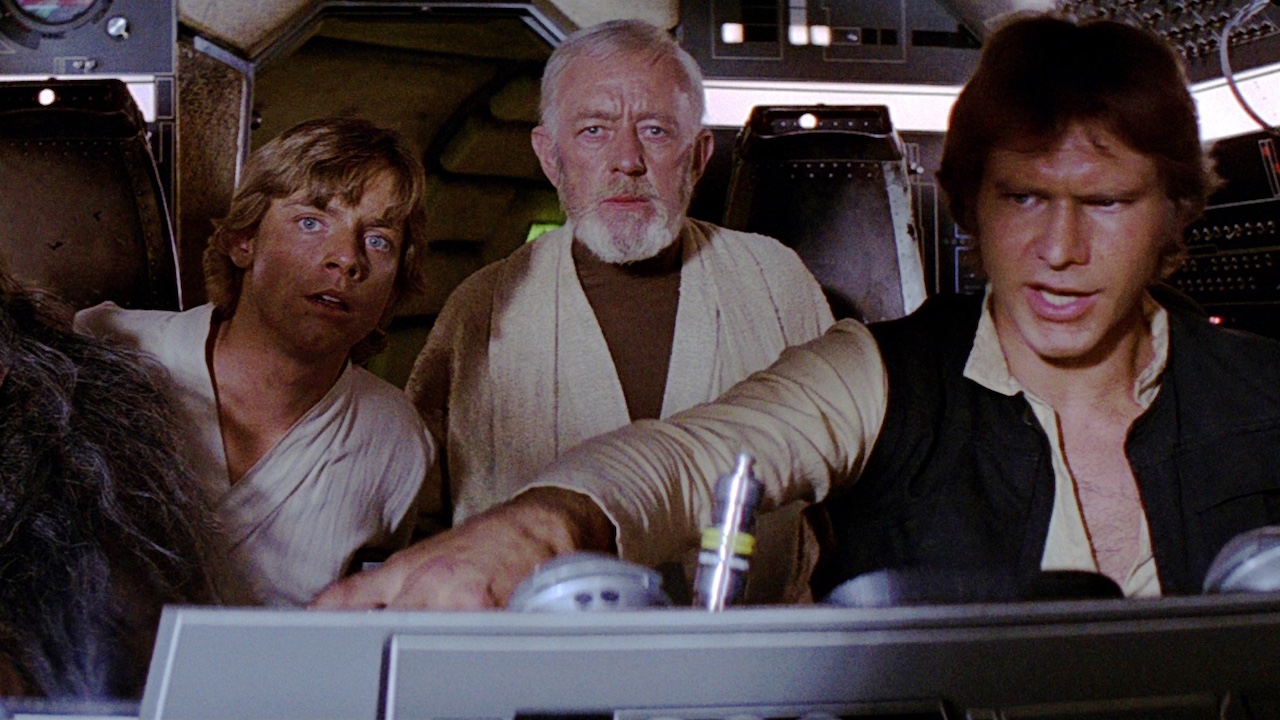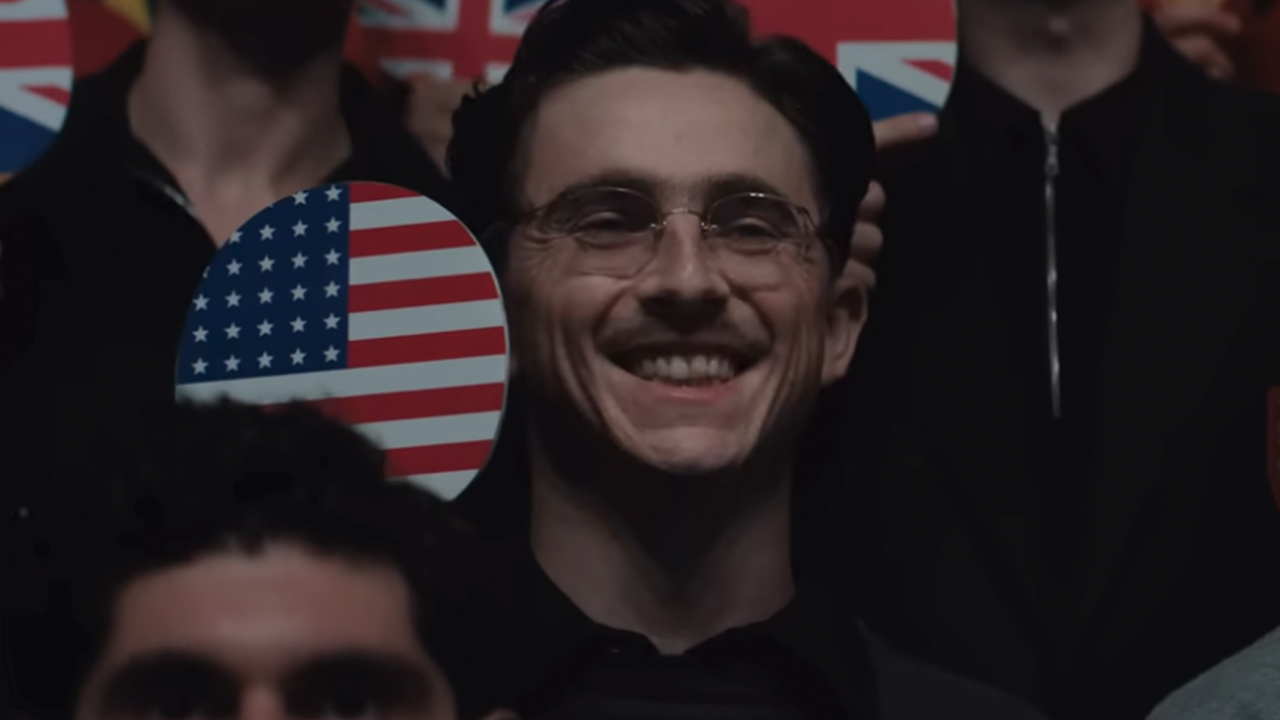Why It Doesn't Matter Who Directs The Next Star Wars Movie

When yesterday's big news about Disney acquiring Lucasfilm broke, every kind of possible reaction seemed to hit the internet all at once. What would the new Star Wars film be about? How many new Star Wars Disney World attractions can we count on? What does this mean for Indiana Jones? How long before I can buy my own Burger King commemorative glassware?
For the most part these reactions were very specific to Star Wars, and the genuinely game-changing news that one of the largest entertainment corporations in the world now owned one of history's most beloved franchises. But one reaction that started up almost immediately felt very familiar, because it happens pretty much every time a new big geek-friendly film is announced: who should direct it?
I can't promise that Star Wars geeks weren't doing the same thing back in the late 70s when George Lucas decided not to direct The Empire Strikes Back, working themselves into a tizzy hoping Steven Spielberg or Francis Ford Coppola would take over. But the idea that your favorite director would join your favorite franchise seems to specifically be an invention of the last few years, when directors with beloved indie films jumped over into giant franchises (more often than not involving superheroes) and suddenly became superstars.
The biggest example, of course, is Christopher Nolan, who made the mind-bending crime thriller Memento and the slow-burn detective drama Insomnia before kicking off his Batman trilogy, which made him both a household name and gave him the resources to make expensive, utterly personal movies like The Prestige and Inception on the side. Though Sam Raimi had made a similar leap before him, going from The Evil Dead to the massive Spider-Man series, Nolan seemed to set up a new definition of blockbuster director, someone who could waltz into a studio with a handful of movies under his belt and lay out a bold new direction for a familiar franchise, not just altering his own career, but the entire understanding of that character or property in the pop cultural imagination.
The directors who have followed in Nolan's footsteps, mostly at Marvel, haven't pulled off quite the same game changes-- mostly because Marvel seems to put much tighter reins on its staff, happy to bring in brand-new directors for both the Thor and Captain America sequels, and to let go of Jon Favreau after two Iron Man films (Favreau's relationship with them remains cordial, but the general disappointment around Iron Man 2 can't be ignored there). Joss Whedon is clearly being established as Marvel's answer to Nolan, signing on for The Avengers 2 as well as creative consultant at the studio, similar to the way Nolan is shepherding the Superman movie Man of Steel at Warner Bros. The Avengers undeniably bore Whedon's stamp, with the quick-witted dialogue and the strong female characters, but it also adhered to a lot of the world-building that happened before he arrived-- The Avengers is Whedon's movie, but he's operating within a pretty strict set of guidelines laid out by Marvel Studios.
The fact that Disney now owns both Marvel and Lucasfilm suggests that they'll use similar tactic with the future of Star Wars, potentially hiring exciting new directors-- for a pittance compared to what top-flight talent would earn-- but making sure they operate within a clearly defined sandbox. How Disney will establish those rules will be the interesting part, as they try to balance between the low-fi charm of the original franchise and the bloated, glittering CGI of the prequels-- the first three films are inevitably beloved by more fans, but the last three made a whole ton of money, and are much more similar to the blockbusters we actually see today. Fans hoping that Disney will go with a smaller-scale, grittier approach to Star Wars are bound to be disappointed-- Marvel movies may be directed by interesting people and generally good, but low-key they are not, and likely never will be.
Which is all a way of saying: it probably doesn't matter that much who directs Star Wars: Episode VII. Yes, whoever gets the job will enjoy an unbelievable leap in their career prospects, and will be allowed to work with characters he or she (but, come on, it's gonna be a he) grew up playing with as action figures. And if they hire someone gifted with dialogue like Whedon, or with classy drama like Thor's Kenneth Branagh, they'll inevitably add their own interesting shades to the pre-existing Star Wars palette. But the decisions about the aesthetic and the goals of this new Star Wars trilogy will be made well above the director, by Kathleen Kennedy and George Lucas and Bob Iger and Alan Horn and the focus groups who tell them they don't like it when R2D2 seems to have existential doubts. We may very well get a better and brighter new Star Wars trilogy out of all of this-- but your favorite director, no matter how awesome he is, won't be the one who's able to make that happen.
Your Daily Blend of Entertainment News
Staff Writer at CinemaBlend

